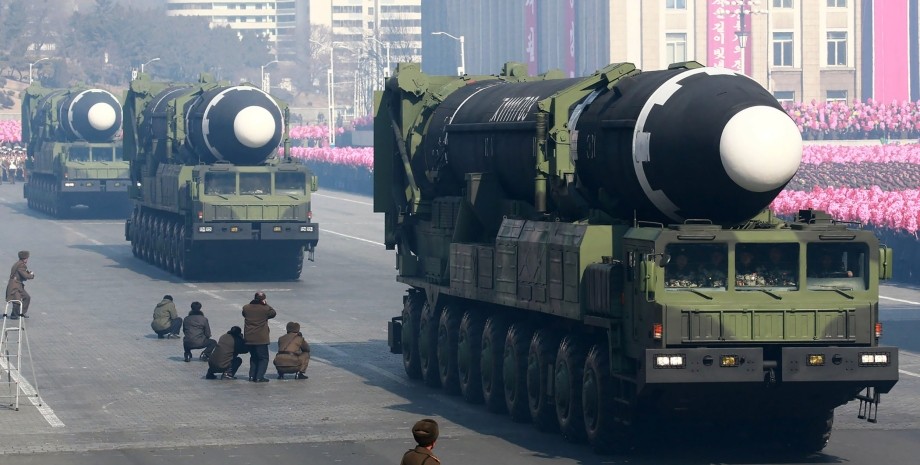
Focus has translated the article by the agency's agency's senior ASPI Malcolm Davis about Australia's nuclear security. In September 2022, the North Korea regime passed a law proclaiming a new nuclear doctrine. The law envisaged the possibility of first use of nuclear weapons either to prevent the intended threat or to "capture initiative in the war". He rejected denuclearization, instead calling for the "exponential" increase in the potential of nuclear weapons of the country.
Since then, North Korea has increased its stock of tactical nuclear weapons. It includes low -power weapons, which the regime can use in advance of order to obtain prompt initiative, not to restrain or terminate the conflict. Pyongyang's goal is not an escalation for the sake of de -escalation, but an escalation for the sake of victory. Meanwhile, China accelerates and modernizes its nuclear forces, and there are alarming signs that it will soon abandon the "non -application first" policy.
In recent weeks, the conflict between India and Pakistan - two states with nuclear weapons - intensified fears about nuclear escalation. These events show Australian defense planning experts, which is increasing the risk of nuclear war, including a limited nuclear war in Asia. High intensity war in the Indo-Pacific, leading to nuclear weapons, is a real probability.
Australian defense policy should study the question of how defense forces can support coalition operations in a nuclear scenario, whether Taiwan, whether in response to a crisis on the Korean Peninsula, or even in both scenarios at the same time. However, the government is reluctant to discuss the role of Australia in supporting the enlarged nuclear restraint of the United States, not counting the cursory mention in the national defense strategy and a hint of the role of common objects.
This position is not suitable. According to Alex Bristow, my colleague with ASPI, Australia needs to develop a common political sense to promote their own position on the integration of conventional and nuclear forces, escalation and termination of war. It should study NATO structures, not necessarily copying them, and consulting nuclear issues with the United States, Japan, South Korea, the United Kingdom and France, not expecting our views to fully agree with their point of view.
There is also a moment with Aukus, since by the mid-2030s, US submarines operating in the West Rotten Group can be equipped with nuclear weapons, and submarines with ordinary armaments and technologies of Pillar Two, which is acquired by Australia, will affect the regional balance. Australia may be more active in key discussions, such as strategic political dialogue and US defense policy and strategy negotiations.
The importance of these dialogues should be emphasized in the communique of the Ministry of Defense of Australia. All this can lead to a special dialogue with expanded restraint on the example of dialogues between the US and Japan and the US and South Korea, which has been in existence for over 15 years. Australia should not only think about how to make a contribution to the regulation of the nuclear crisis; It should also plan what will happen after nuclear weapons are used.










All rights reserved IN-Ukraine.info - 2022